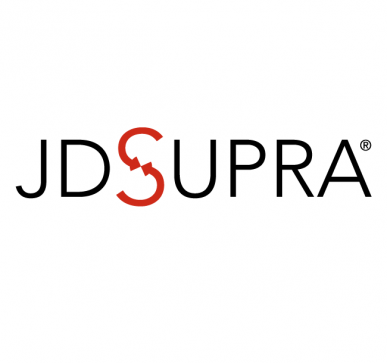Do you think that you have hired the right Tax Preparer to prepare your Taxes? Tax Season is here and many Tax Preparers portray themselves as “Qualified”. Tax Preparers have different levels of skills, education and expertise and Taxpayers ought to take a closer look at what constitutes a “Qualified” Preparer.
There are various types of Preparers, including Certified Public accountants (CPAs), Enrolled Agents, and Attorneys. CPAs, Enrolled Agents and Attorneys are “Qualified” to represent Taxpayers in front of State and Federal Government. IRS regulations permit them to represent you in front of the IRS. They have representation rights on tax matters including audits, payment, collection issues, and appeals.
There are many Preparers who don’t have the requisite professional credentials and every year Taxpayers are hurt financially because they choose the wrong Preparer. There are many unregulated Tax Return Preparers that represent themselves as “Qualified” Tax Preparers. A regulated Tax Preparer is not the same thing as an unregulated Tax Return Preparer.
So, what should a Taxpayer do? Taxpayers should verify Tax Preparer qualifications through this IRS link: https://irs.treasury.gov/rpo/rpo.jsf This IRS directory allows Taxpayers to:
- Verify the Preparer’s qualifications. If your Tax Preparer is not in the IRS Directory, walk away.
- Determine if the Tax Preparer has a Preparer Tax Identification Number (PTIN). All paid tax preparers must have a PTIN. By law, paid preparers must sign returns and include their PTIN.
- Check the Preparer’s History. CPAs can be checked with the State Board of Accountancy, Attorneys can be checked with the Local State Bar Association and Enrolled Agents can be checked at: https://www.irs.gov/tax-professionals/verify-the-status-of-an-enrolled-agent
There is increasing IRS tax compliance oversight; particularly with International Taxpayers. Everything cross border is of special interest to the IRS and the Department of Justice. Taxpayers sign Tax Returns under penalty of perjury and are responsible for the information in their Return – even if the Return is prepared by someone else. If a Tax Return is inaccurate, the Taxpayer could face an audit, civil penalties or criminal charges. Taxpayers should not be victims of their own making and take the time to investigate their Preparer. Hanging up a sign that says “Tax Preparer” or running “an accounting Home Office” to offer lower prices are red flags that Taxpayers ought to further investigate before trusting a Tax Preparer with this most important Financial Document.
- Contain requests for additional payments immediately following a successful payment to an account not previously used by the customer to pay its suppliers and or vendors.
Email fraud schemes are costing a fortune. Financial Institutions need to identify, prevent and report E-Mail fraud schemes. There has to be collaboration amongst the internal AML, Business, Fraud and cybersecurity departments at Financial Institutions. Information Technology business practices should be secure and up-to-date with triggers in place to help detect fraud. Moreover, Financial Institutions need to collaborate with law enforcement in order to put an end to this type of cyber-attack.
Don’t be a victim of your own making. Financial Institutions need to review and verify their customer’s transactions in order to prevent possible losses.
http://www.jdsupra.com/legalnews/is-your-tax-preparer-qualified-to-do-32596/





